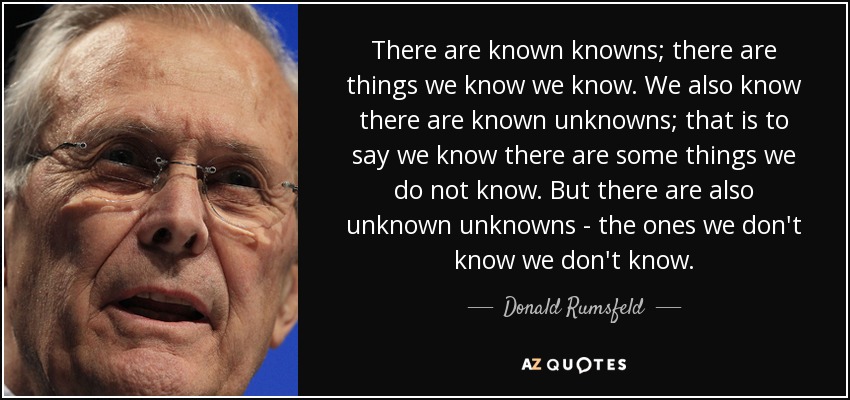Is the GDPR’s Bark Bigger than its Bite?
Is the GDPR’s Bark Bigger than its Bite?
by Zach Day on 10/21/2018
The landmark EU regulation, formally called the General Data Protection Regulation or GDPR, took effect on May 25, 2018. Among other protections, GDPR grants “data subjects” with a bundle of new rights and placed an increased obligation on companies who collect and use the data. Firms were… [Read more...]



